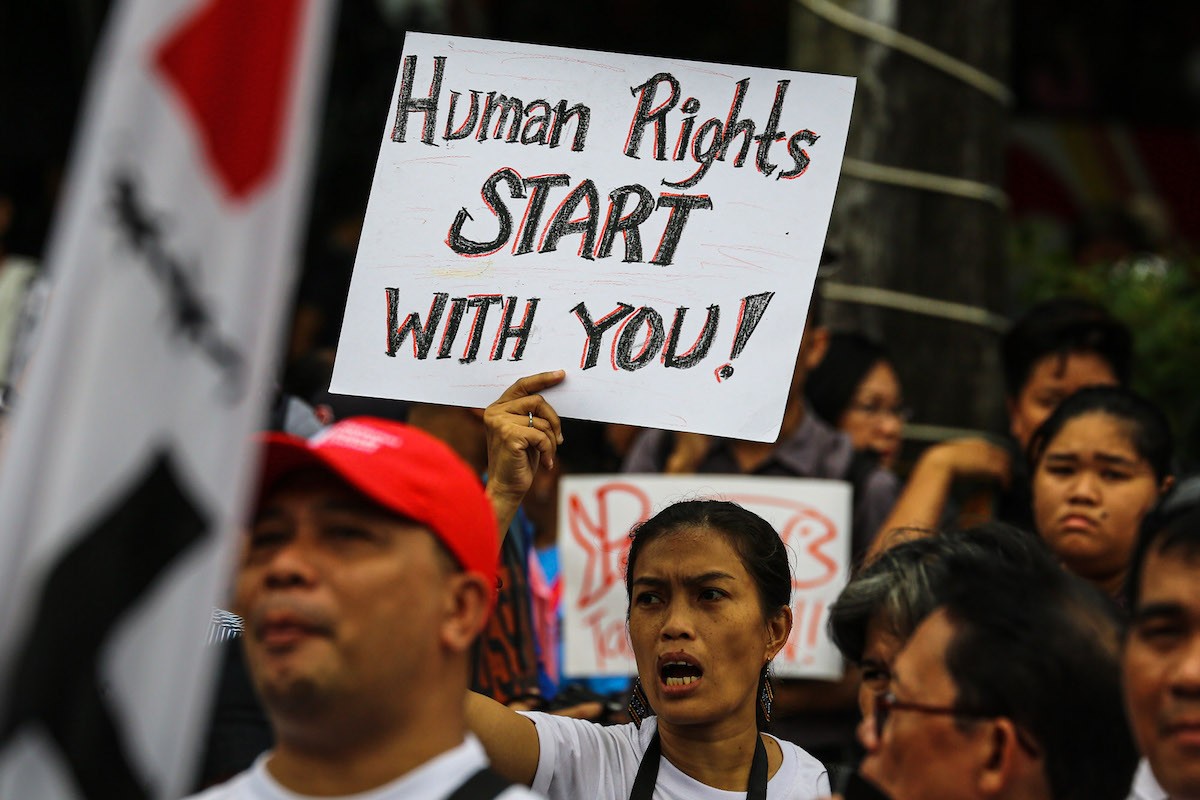To investigate or not to investigate?
To start, who is PRRD, better known as President Rodrigo Roa Duterte? PRRD was the President of the Philippines from 2016 to 2022. He was the first president in the Philippines from Mindanao and is the oldest to assume office beginning his term at 71 years of age. He also is the chairperson of PDP Laban, the ruling political party in the Philippines during his presidency. Last but not least, he is the only President in the Philippines not to declare his assets and liabilities.
First, in my opinion, should President Rodrigo Roa Duterte be investigated? Yes or No? Yes, the former President of the Philippines PRRD, or President Rodrigo Roa Duterte, should be investigated. Whether we base it on morals, laws, or just plain common sense, every individual knows and is aware that killing is not the right thing to do. It never was, and it never will be. However, the President was very open about such acts and the measures he took to battle his so-called drug war. He even dared to publicly state and confirm that he himself has been able to kill criminal suspects during his term in Davao City as a Mayor before being the President.
It can also be easily true due to his personal beliefs in killing, as he is very vocal in his support for the extrajudicial killing of drug users and other criminals. As for his individual career, he has also provoked numerous protests and drawn criticism, mainly over human rights problems and his outspoken comments. In simpler terms, his reputation preceded him, as he was known as "The Punisher" due to the fact that he instilled fear and terror in Davao City while being a mayor.
President Duterte has also been evidently worried about the International Court, as he is aware that he violates certain rights and laws. By September 15, 2021, the ICC formally opened an investigation into allegations that he had committed crimes against humanity. On October 2, 2021, President Duterte announced his retirement. Upon retirement, he has been obviously rattled and has criticized International organizations like the United Nations and The Human Rights Council and disqualified the U.N. experts in human rights from entering the nation. He and his representatives maintain that the Philippines is outside the purview of the ICC because, among other things, the country's signing of the ICC treaty in 2011 was not announced in the official gazette. This absurd and irrelevant claim is refuted by Manila's act of withdrawing from the statute.
With all this being said, it is crystal clear that his method of dealing with political problems is wrong and has clearly violated the laws that must have been absolute. He has broken the Universal Declaration of Human rights and the Rome statute of the ICC, better known as the International Crime Court, specifically, crimes against humanity. The chances of him being found guilty are very likely as numerous claims, evidence, and even statistical, factual data can be found to support it. The law must be absolute and does not exempt anyone, regardless of who they are or the position they withhold in a state. The people, officials, and everyone must be shown that the law is fair, just, and has no biases, regardless of their status. If people see that the law, when it matters the most, is not absolute, people may have the idea to use it for personal gain and benefit instead. Not to mention that it exists and has been existing, but future generations may follow such examples. The world has never been fair, but if there was one thing that could possibly exist to be fair and equal, it is the law.





